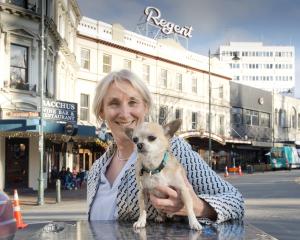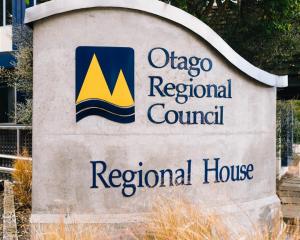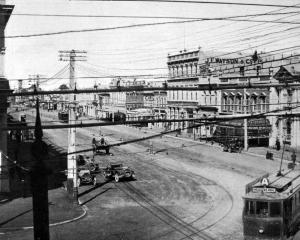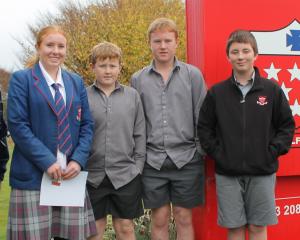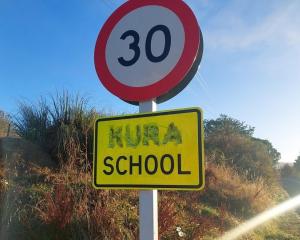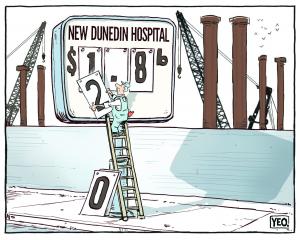Could it all be as simple as one new power line?
That is the working theory of two Queenstown businessmen, who believe installing a new power cable between Kingston and Queenstown — potentially using excess supply from Roxburgh — could go a long way to fixing the resort’s infrastructure issues and make it a world leader in electric tourism.
It could also result in another world-class cycle trail.
Former mayor Jim Boult and Xero founder Rod Drury have been working behind the scenes for the past year on the plan, and say they have buy-in from power companies, government ministers, Queenstown Lakes District Council and a host of others.
Mr Drury estimated the cost of the line at $60 million-$120m, but believed there were plenty of green funds worldwide looking for innovative projects to invest in, and this one could pass muster.
The new line could super-charge Queenstown in terms of power supply and reliability, thereby unlocking a multitude of opportunities for electric vehicles and electric marine.
It could also help diversify the resort’s economy.
Mr Boult noted one of the problems establishing technology businesses in the resort was a lack of a reliable significant power supply.
His dream was to dig the trenches for the new cable on top of which a new trail could be built.
Mr Drury said it could be a tourist-pays ride to help offset the cost of the infrastructure.
People who biked to Kingston could hop on to return to Queenstown, or vice versa, and it could also double as a public transport option for Kingston, where 1000 more sections have been consented.
"We need to be the place where we look at that innovation in transport and it must be autonomous, because we’ve got to get a bar worker home at 2am and a ski worker to the hydrogen bus at 6am.
"So we need an automated 24/7 public transport system and green funds around the world are looking for projects to invest in."
The duo also have rental vehicle fleets in their sights, hoping to mandate a switch to electric rental cars and campervans in Queenstown. That would be a major boost to New Zealand’s economy, they said.
"If they’re using electric rental cars, because the marginal cost of producing more power is three-fifths of sweet all, that money is staying in New Zealand, and there’s more money going round New Zealand to do the things we want done," Mr Boult said.
"It’s better for the New Zealand economy, generally, to have that money trapped in New Zealand, rather than having it spent on petroleum products we have to import."
Mr Drury added if more electricity was used, it increased the demand, which would lead to further investment.
"The business case becomes really commercial for more electricity lines, and that leads to this bigger goal of not talking about just decarbonisation."
And, if a mandate could be given for electric rental vehicles, the business case for getting new power lines also stacked up.
Aurora Energy’s asset management general manager Glenn Coates said there was a range of "plausible upgrade solutions" for 2030 and beyond.
They varied significantly depending on the extent of electrification, the contribution from local energy supply sources, and the management of demand through new technology, such as battery storage and flexible electric vehicle charge management.
"It is too early to propose and commit to a particular solution, which should be informed by the best possible forecast data."
Aurora was working with Transpower, PowerNet and the district council to develop long-term electricity growth scenarios for Queenstown, he said.

